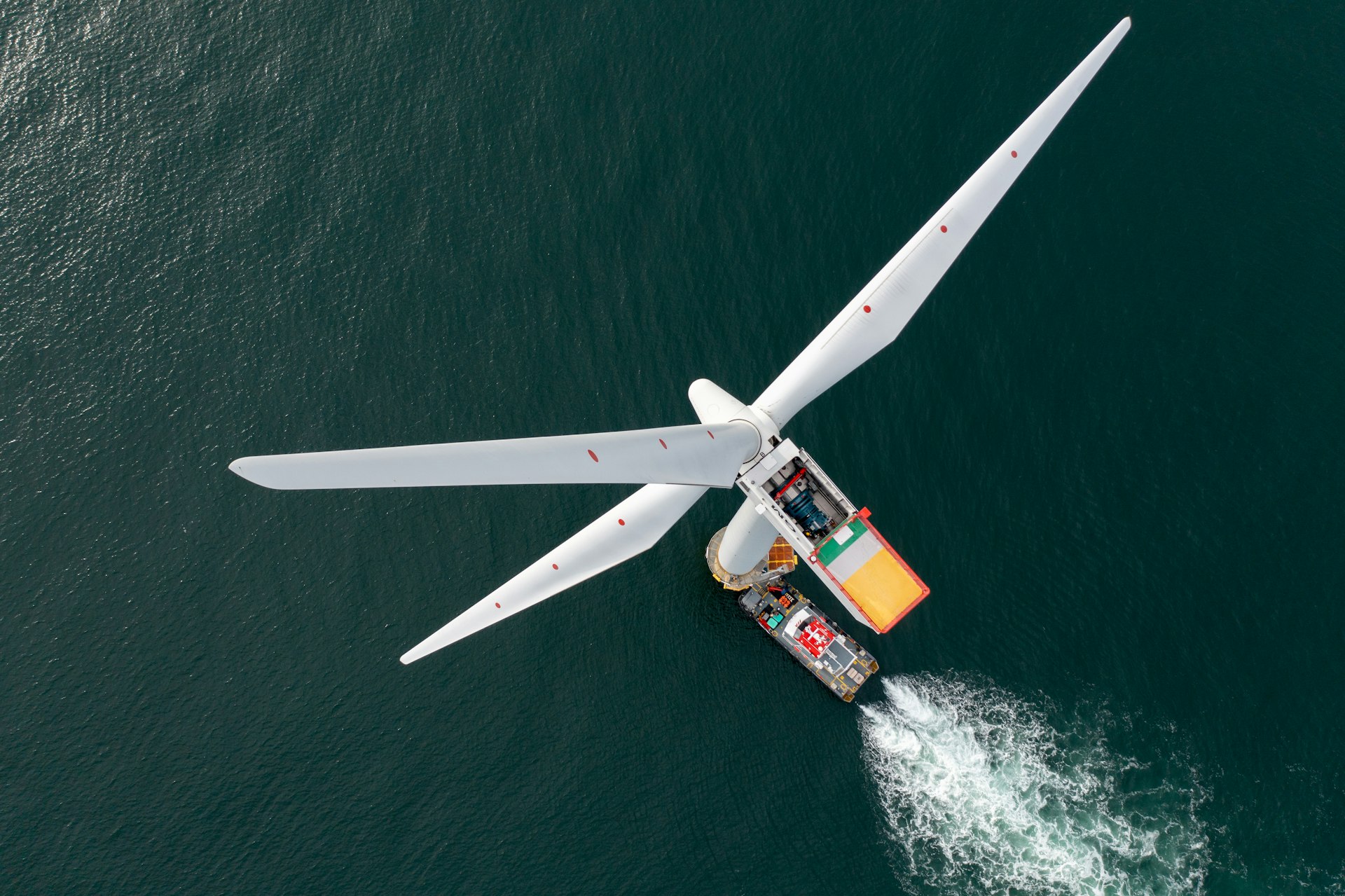
About Offshore Industry Survey Data
"In managing the seabed around England, Wales and Northern Ireland, we work in partnership with our customers and stakeholders to support the long-term sustainable development of the seabed.
From awarding seabed rights to sharing our knowledge and data, our small expert team directly manage our relationships with our customers and partners with a commitment to delivering high levels of customer service.
We manage the seabed to 12 nautical miles offshore and beyond 12 nautical miles, we manage leasing for specific activities (minerals, offshore wind, tidal stream, wave and Carbon Capture and Storage (CCUS).
We also manage around half of the foreshore, the land between mean high and mean low water mark, around England, Wales and Northern Ireland.
Why is data collected?
Before an offshore project can be built or developed, a seabed Agreement needs to be secured from The Crown Estate and consent needs to be granted by the relevant UK statutory bodies.
Within The Crown Estate’s seabed Agreements, there is a data sharing clause that requires all survey data collected throughout the lifetime of an offshore project or development to be shared with The Crown Estate and then delivered to the Marine Data Exchange.
This data sharing clause was first introduced into our offshore wind Agreements in 2003 and we have been working with our customers ever since to promote the benefits of data sharing. The clause is now in all our offshore Agreements except for oil and gas pipelines.
Types of Data
We play an active role in the UK’s world-leading offshore wind sector, from leasing sites to collaborating with our customers to help boost performance, reduce costs and de-risk investment. Therefore, we host one of the world’s largest collections of offshore wind industry data.
We also work with developers and stakeholders to explore the potential to unlock other energy resources offshore, such as wave and tidal, and storage of natural gas and CO2.
Our responsibility also extends to granting licenses for marine minerals and aggregate extraction. The marine aggregates industry is one of the UK’s key suppliers of sand and gravel. It plays a key role in supporting the delivery of major infrastructure projects, but also the replenishment of our beaches to reduce coastal erosion.
The types of survey data collected throughout a project or development are multi-disciplinary, covering environmental, social and physical data or research campaigns. These surveys inform all aspects of the development from feasibility and consenting, all the way through to decommissioning or post-dredge monitoring.
The type of data hosted on the Marine Data Exchange can be split into 3 main categories:
1. Data that is collected by our customers to inform project decisions. For example, data collected by our customers to support offshore development including feasibility and engineering design, and monitoring to fulfil licence conditions.
2. Survey data collected by The Crown Estate to address data gaps and to support the sustainable development of the seabed. For example, The Crown Estate has funded survey data collection to further inform our understanding of wind speeds around the UK, to help developers locate offshore wind developments effectively.
3. Research and Evidence, including outputs from the Offshore Wind Evidence and Change Programme (OWEC). The programme will play a pivotal role in achieving the environmental aspirations of the Offshore Wind Sector Deal alongside other strategic delivery programmes, and the sector’s full potential to support net zero. We also host research from our partners and stakeholders.
Data Quality & Publication
Once data has been delivered to the Marine Data Exchange, it undergoes a Quality Assurance (QA) process. Through our leading role in data sharing and as sponsors of the Marine Environmental Data and Information Network (MEDIN) all data delivered to the Marine Data Exchange has to have MEDIN Discovery Standard metadata and adhere to the MEDIN Data Guidelines. This ensures that the data held on the Marine Data Exchange is discoverable and re-useable, and showcases our commitment towards the Q-FAIR principles (Quality Findable, Accessible, Interoperable and Reusable). We work with our customers and partners to resolve any concerns that have been flagged in the QA process.
The Crown Estate uses a secure and traceable process for managing confidentiality of data. It is our intention to publish all survey data held on the MDE within a reasonable timeframe, which is defined for each sector within the Requirements for Delivering Data Document.







